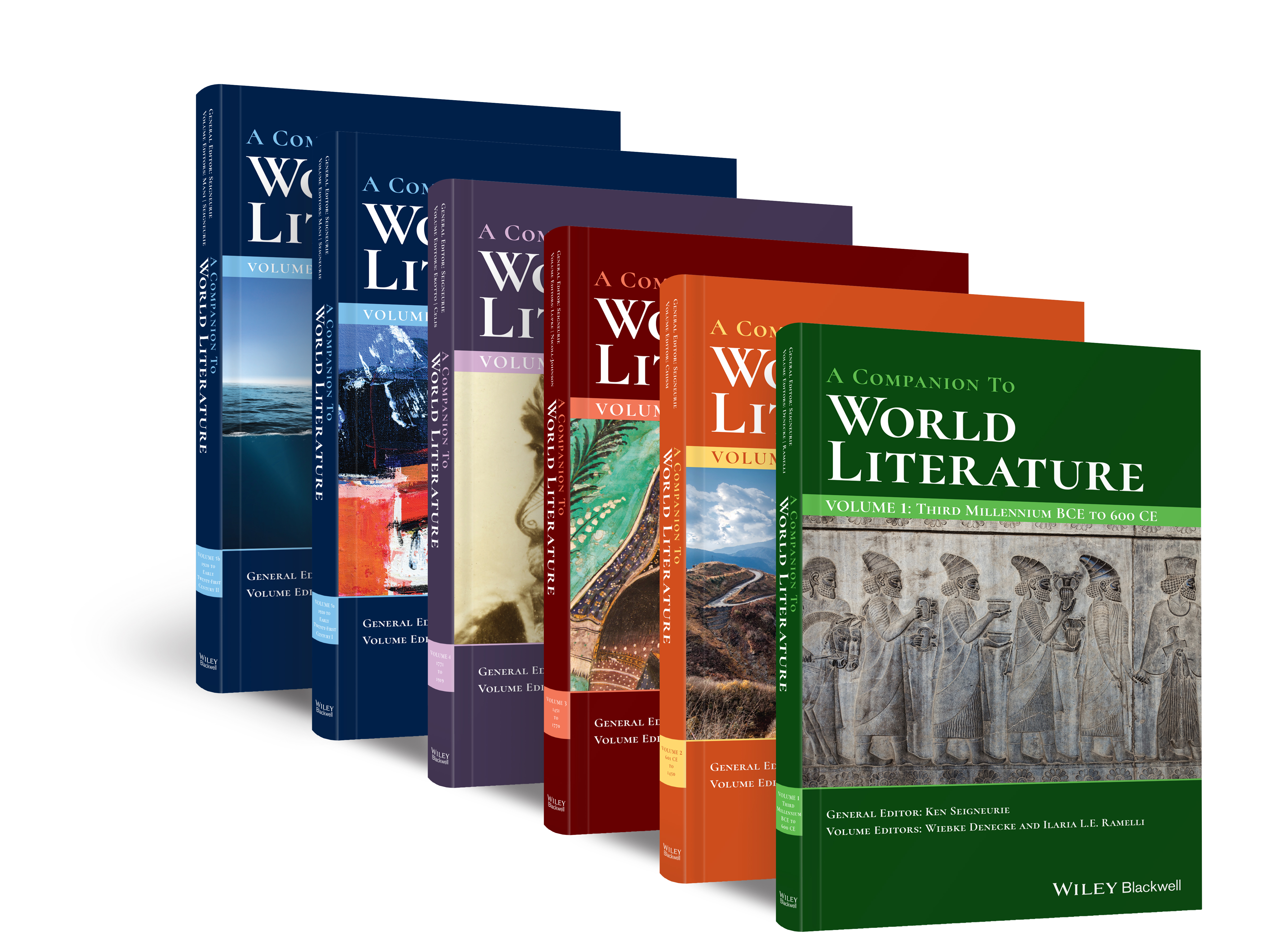Herman Melville and the “Harborless Immensities” of World Literature
Abstract
Herman Melville's Moby-Dick has been considered as both a classic of world literature and the Great American Novel. This chapter considers the relation of those statuses, and argues that Melville's works encapsulate tensions and contradictions in the project of world literature, to the degree that it is driven by calls for cosmopolitanism and democratization. Melville's densely allusive texts are approached as attempts both to theorize about the sociopolitical processes of which they are a part and to practice world literature, approximating it in form. The polyphony of his novels is approached as wound into his philosophies of knowledge and his representations of multicultural crews as representative of humanity entering technological modernity. The chapter argues that Melville attempts to work out of an emergent mid-nineteenth-century dialectic in which the world shapes America, which in turn shapes the world, and toward ways in which the destructive telos of world-integration might be redirected.



